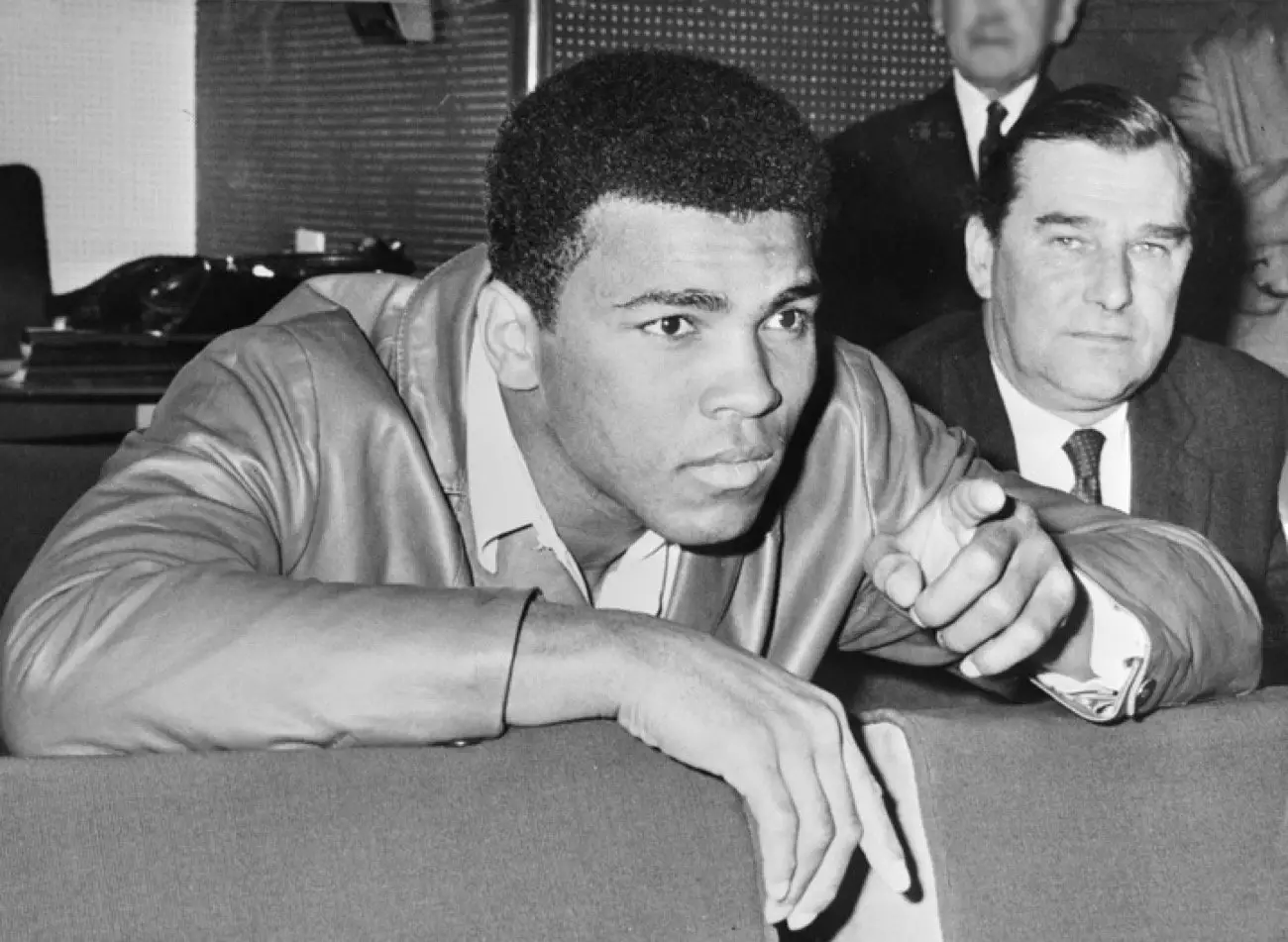The realm of boxing has always been rife with spirited discussions, particularly when it comes to ranking its champions. Recently, a list compiled by Give Me Sport has ignited another round of debate as it attempts to identify the ten greatest American heavyweight boxers in history. This bold endeavor, centered on criteria such as overall record, titles, and in-ring prowess, is destined to provoke strong opinions—especially since only American fighters are considered, excluding iconic names like Wladimir Klitschko, Tyson Fury, and Lennox Lewis.
The following names made the cut in the top ten: Muhammad Ali, Joe Louis, George Foreman, Jack Johnson, Larry Holmes, Evander Holyfield, Joe Frazier, Mike Tyson, Deontay Wilder, and Sonny Liston. From a surface-level glance, this list may seem reasonable due to the distinguished legacies and accomplishments shared by these fighters. However, the absence of legends such as Rocky Marciano and Jack Dempsey raises eyebrows. It poses the question: can one be considered a heavyweight champion without even making this esteemed list?
The decision to rank Deontay Wilder among this elite group also prompts scrutiny. While he has made a name for himself in modern boxing, can his relatively brief career and fewer historical accolades truly warrant a spot among the likes of Joe Louis or Jack Johnson? This prompts a broader analysis into what criteria should ultimately dictate a fighter’s place in boxing history.
A significant aspect of any ranking is the historical influence a fighter had on the sport. For instance, Jack Johnson, often acknowledged as the first African American heavyweight champion, transformed societal perceptions and attitudes toward race in boxing. Likewise, Muhammad Ali’s impact transcended the sport, as he became a global icon advocating for social change. Both figures deserve consideration beyond just their fight records; their legacies continue to resonate and inspire generations.
Moreover, the list overlooks other prominent fighters who have also shaped the heavyweight division in notable ways. While Jim Jeffries and John L. Sullivan are part of boxing folklore, their exclusion leaves a gap. Yet, this highlights the inherent subjectivity present in any ranking.
In the end, rankings in sports can rarely achieve universal consensus. Each fan brings their personal experiences and biases to the table, reshaping the legacy of each fighter. Arguments can be made for and against virtually every name included in the rankings. Questions arise: Should Mike Tyson’s reputation as a boxing phenomenon trump more consistent champions? Is Sonny Liston’s reputation as a formidable opponent misrepresented by his lower ranking?
Thus, while the list from Give Me Sport serves as a catalyst for dialogue among boxing enthusiasts, it ultimately illustrates the challenges of ranking such a deeply nuanced sport. The world of heavyweight boxing is vibrant and ever-evolving, with legacies forged in and out of the ring. As fans continue to discuss and deliberate over these rankings, one thing remains clear: the love and passion for boxing will forever fuel these captivating debates.


Leave a Reply